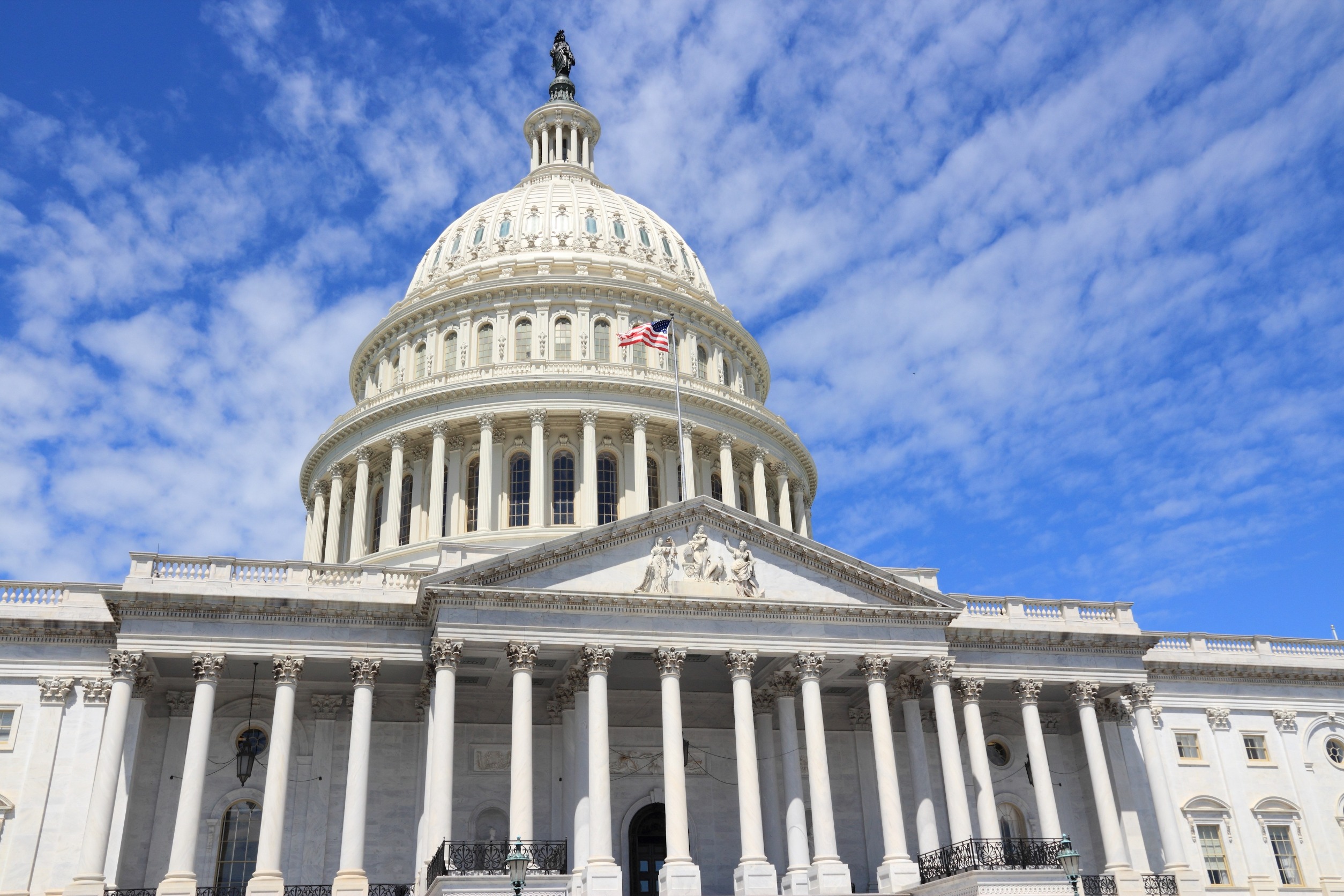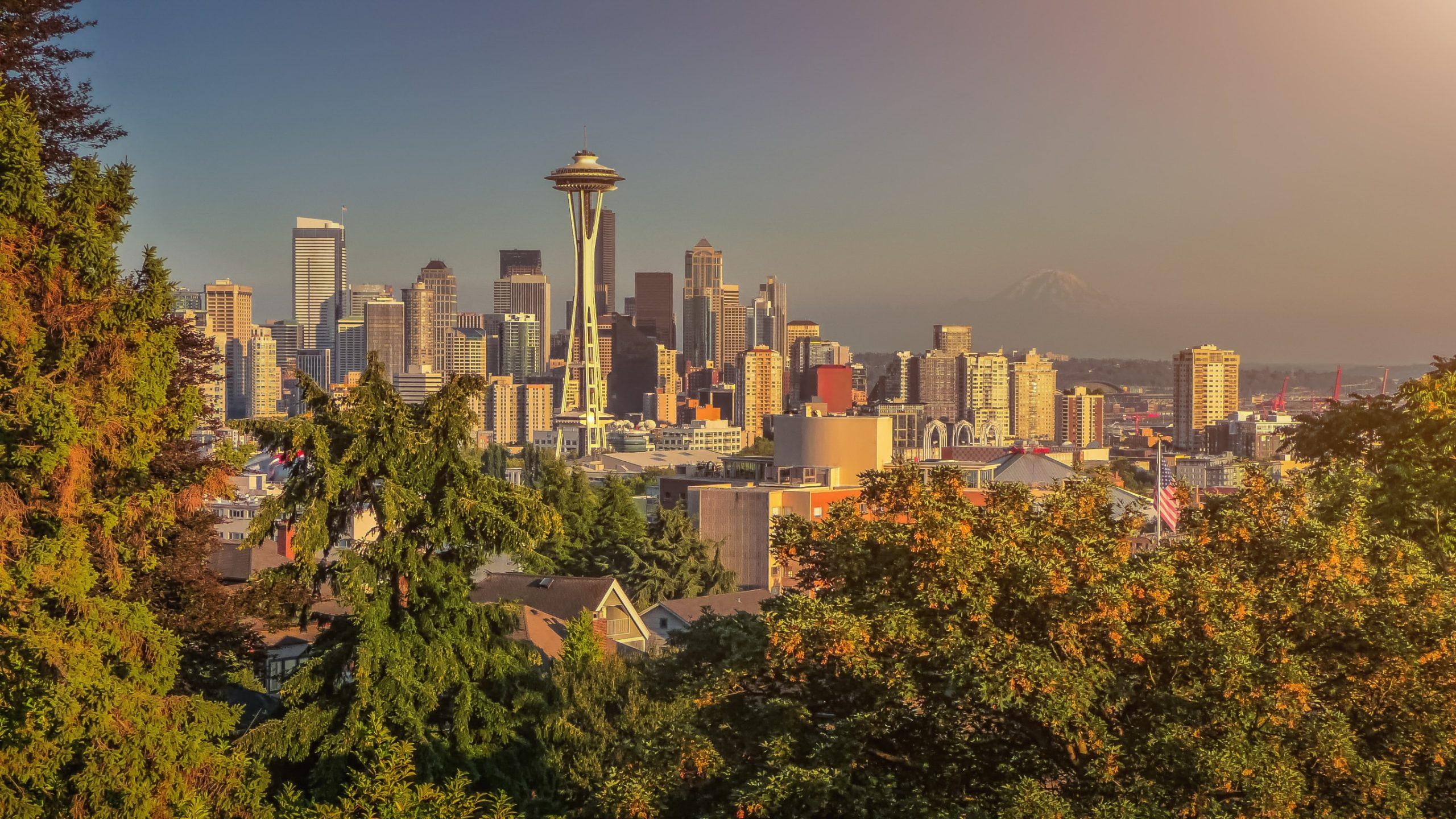
Inzozi Nziza is a sanctuary, an island of hope and joy in a country still aching from the nightmare of genocide.
Blue Marble, an organic ice cream shop founded in Brooklyn, New York’s affluent Cobble Hill section in 2007, has put a dramatic twist on the venerable maxim “Location, location, location.” With business booming at their first store, company founders Alexis Miesen and Jennie Dundas added a second shop in the nearby Prospect Heights neighborhood in 2008. Then they opened a third shop—thousands of miles away in Africa.
Actually, Butare, Rwanda, is a dream location. The very name of the shop, Inzozi Nziza, means Sweet Dreams in Kinyawanda, the local language. The shop, which also sells milkshakes, sandwiches, salads, coffee and cakes, is providing jobs for local women, a steady market for growers and suppliers and cool treats for children and adults—many of whose faces light up at their first taste of ice cream. Moreover, Inzozi Nziza is a sanctuary, an island of hope and joy in a country still aching from the nightmare of genocide.
Even its very origins are dreamlike. It was brought to life by an unlikely trio of women after a fortuitous encounter. At a Sundance Institute workshop, the American actress Jennie Dundas shared a few of the all-natural ice cream varieties she had flown in from the Blue Marble store she co-founded. Among the recipients was Rwandan drummer and playwright Odile Gakire Katese. Katese instantly recognized another salve for her economically and emotionally scarred country. Pulling Dundas aside, Katese said, “I want to talk to you about ice cream.” Little could she have known that Dundas’s Blue Marble partner, Alexis Miesen, had deep ties to Africa. She did nonprofit development and public health work in Africa and still aided the Harlem-based African Services Committee. She warmed immediately to the idea of opening Rwanda’s first ice cream shop.
Three investigative trips to Butare, the country’s second largest city, helped tailor an ice cream shop to something workable in a developing country. To simplify production, the ice cream would be soft-serve. Equipment maker Taylor agreed to donate the machines. Blue Marble’s coffee supplier, Urban Farm, donated the coffee-bean roaster. Inzozi Nziza opened on Butare’s main street in June 2010 as a joint venture of Blue Marble Dreams, a nonprofit created by the Brooklyn-based entrepreneurs, and a for-profit cooperative of women from Katese’s drumming group, who run and staff the seven-day-a-week operation.
The price of a small serving of ice cream was set at the cost of a soda, the equivalent of 70 cents. On a typical day, the shop sells 50 cones in two of seven rotating flavors. University students account for 70 percent of the business. Tourists bound for the rainforest ring up 25 percent of sales. To date, only 5 percent of trade comes from local families, but a monthly Kid’s Day, paid for by fundraising efforts, dishes up free ice cream to children. As envisioned by Katese, the warm glow of these cool treats is also enjoyed by those serving the ice cream.
“Not only are women who come from one of the lowest economic brackets in the country making an income that they have a strong tendency to reinvest in their families, but they’re developing leadership, financial management and self-development skills, as well as gaining an enormous amount of confidence, sense of self and empowerment,” says Danae Paterson, a Peace Corps volunteer serving as Inzozi Nziza’s business advisor. “One of the staff members recently moved into her own house and two just started attending university. Both are studying science, not an insignificant feat for a woman in Rwanda.”
The coolest of dreams
More of Today's Solutions
Women in New Mexico make history with legislative majority
BY THE OPTIMIST DAILY EDITORIAL TEAM With 60 of the 112 seats in the state legislature, New Mexico women have set a new benchmark ...
Read MoreRat patrol: African rodents trained to sniff out smuggled wildlife products
BY THE OPTIMIST DAILY EDITORIAL TEAM Move over, sniffer dogs! Scientists in Tanzania are now using African giant pouched rats to locate smuggled wildlife ...
Read MoreNeed more vitamin D? Add these 5 foods to your diet
The shorter days of winter months means most of us are spending less time in the sunshine than we used to. As we head ...
Read MoreBritish 13-year-old finds hoard of Bronze Age artifacts with her metal detector
Thirteen year old Milly Hardwich was using her metal detector for the first time in Royston, England when she came upon something unexpected. Milly ...
Read More










